2010 ‘turning point’ for client SSD adoption
The time for SSDs to take over the client space is coming this year, according to a senior Kingston executive.


There is little doubt in the industry that solid state drives (SSDs), based on NAND flash memory, outperform their hard drive (HDD) predecessors, but they have yet to make a major impact on the PC market.
This is all about to change, according to Kingston Technology, which thinks now is the time for SSDs to help chief information officers (CIOs) address the business challenges of today.
Darwin Chen, vice president of flash at Kingston, met with IT PRO this morning and claimed that whilst the focus on the benefits of SSDs had so far been in the server space, it was time for the client side to shine.
"In business given the shrinking budgets on the IT side and a lot of the initiatives going to the server side, there has been very little left to address the client side of the IT investments," he said.
"The users and actual demands on the client side have been increasing. [It] is getting more and more complex with the likes of Citrix, encryption etc and demands are increasing whilst IT budgets are decreasing. The dilemma that a CIO must solve is how to stretch the hardware that they already have with may coming up to the need for refresh."
He added: "How do they address that with a limited budget and satisfy all those competing priorities? We think NAND."
Chen claimed that Kingston is able to demonstrate the benefits on offer to companies. In some cases, he said, simply upgrading a PC with SSDs rather than ripping and replacing can boost performance by 40 per cent as well as reducing costs.
Get the ITPro daily newsletter
Sign up today and you will receive a free copy of our Future Focus 2025 report - the leading guidance on AI, cybersecurity and other IT challenges as per 700+ senior executives
Cost has generally been viewed as the main factor keeping SSDs back from mass adoption. But this is changing, according to Chen.
"The cost of SSD has dropped persistently from 2008," Chen said. "For the client side, [we] look at price per gigabyte. The cost per gigabyte has dropped to a point where we are seeing it at a magic price point, $2 per gigabyte by the end of 2010."
"It is the point where managers have told us for the last year and a half, when this product gets to [this price] I am ready to start rolling out. Even with the touch cost of installation an SSD in an older laptop put alongside a HDD in a new system is better."
Chen acknowledged SSDs had never been the "cheaper" option but said they had now got "cheap enough" for the advantages to outweigh the disadvantage of extra cash layout.
But in such a rocky economic climate, is this enough to encourage people to buy?
"There are going to be a lot of people that aren't going to have a catalyst, a driving factor to make them make that decision and I think those guys are never going to change their minds," Mark Leathem, director of business development and marketing for flash at Kingston, told IT PRO. "If they don't have any business reason, then they are going to say why am I going to spend $250?"
He added: "What we are seeing [though] is that the catalyst is some sort of software migration. It can be as simple as encryption [but] a pain point is needed [to] make that move."
Kingston clearly has the belief there are enough companies out there with that pain point to address and Chen is very positive about the future for SSDs, not just for his company but on a wider scale too.
"In our opinion is that NAND is here to stay specifically in the client side of the PC architecture," he said. "NAND is going to start to make a big impact and 2010 is going to be the turning point for that to happen."
Chen claimed flash represented over a quarter of Kingston's business revenues in 2009 $1.3 billion and the company had a separate SSD strategy to achieve $500 million to $1 billion in the next five years.
He concluded: "I think today we are focusing on why SSD actually fits into our core business We really see that by 2016, SSD will soon be a very big consumer of the NAND [market]."
Jennifer Scott is a former freelance journalist and currently political reporter for Sky News. She has a varied writing history, having started her career at Dennis Publishing, working in various roles across its business technology titles, including ITPro. Jennifer has specialised in a number of areas over the years and has produced a wealth of content for ITPro, focusing largely on data storage, networking, cloud computing, and telecommunications.
Most recently Jennifer has turned her skills to the political sphere and broadcast journalism, where she has worked for the BBC as a political reporter, before moving to Sky News.
-
 Cleo attack victim list grows as Hertz confirms customer data stolen
Cleo attack victim list grows as Hertz confirms customer data stolenNews Hertz has confirmed it suffered a data breach as a result of the Cleo zero-day vulnerability in late 2024, with the car rental giant warning that customer data was stolen.
By Ross Kelly
-
 Lateral moves in tech: Why leaders should support employee mobility
Lateral moves in tech: Why leaders should support employee mobilityIn-depth Encouraging staff to switch roles can have long-term benefits for skills in the tech sector
By Keri Allan
-
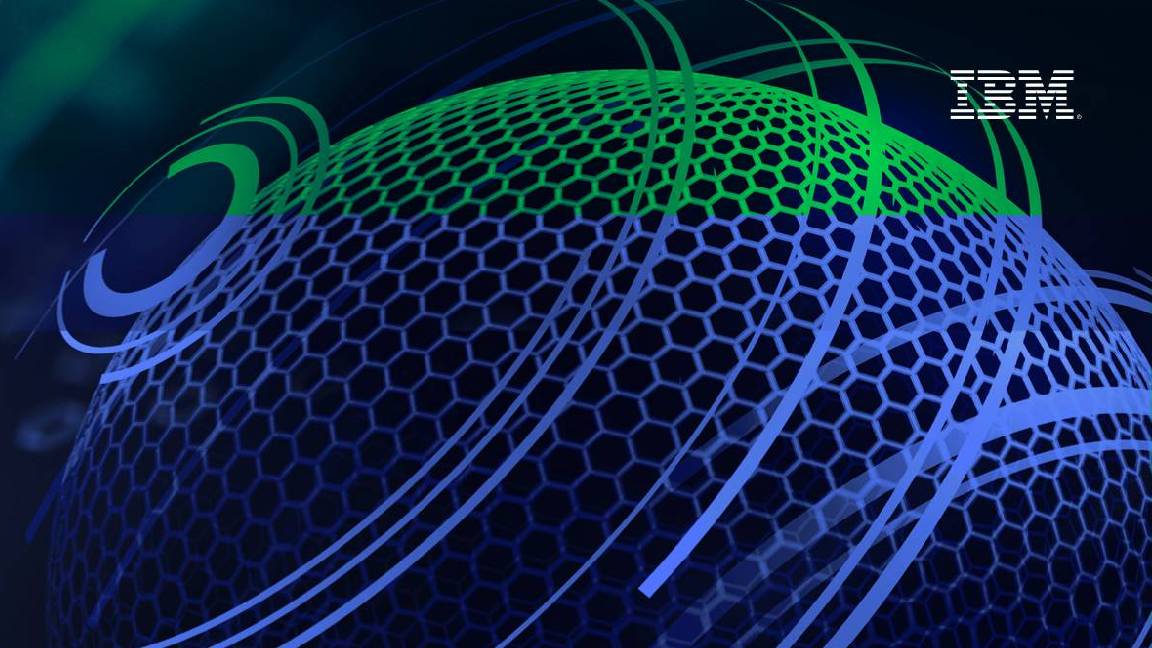 Cyber-resilient data storage for everyone
Cyber-resilient data storage for everyoneWhitepaper Improve cyber resilience and optimize performance
By ITPro
-
 Sustainability is more than a flash-in-the-pan topic for the data storage industry
Sustainability is more than a flash-in-the-pan topic for the data storage industryAnalysis Rising energy costs and concerns over the environmental impact of data centers are prompting a shift away from power-hungry disk drives
By Ross Kelly
-
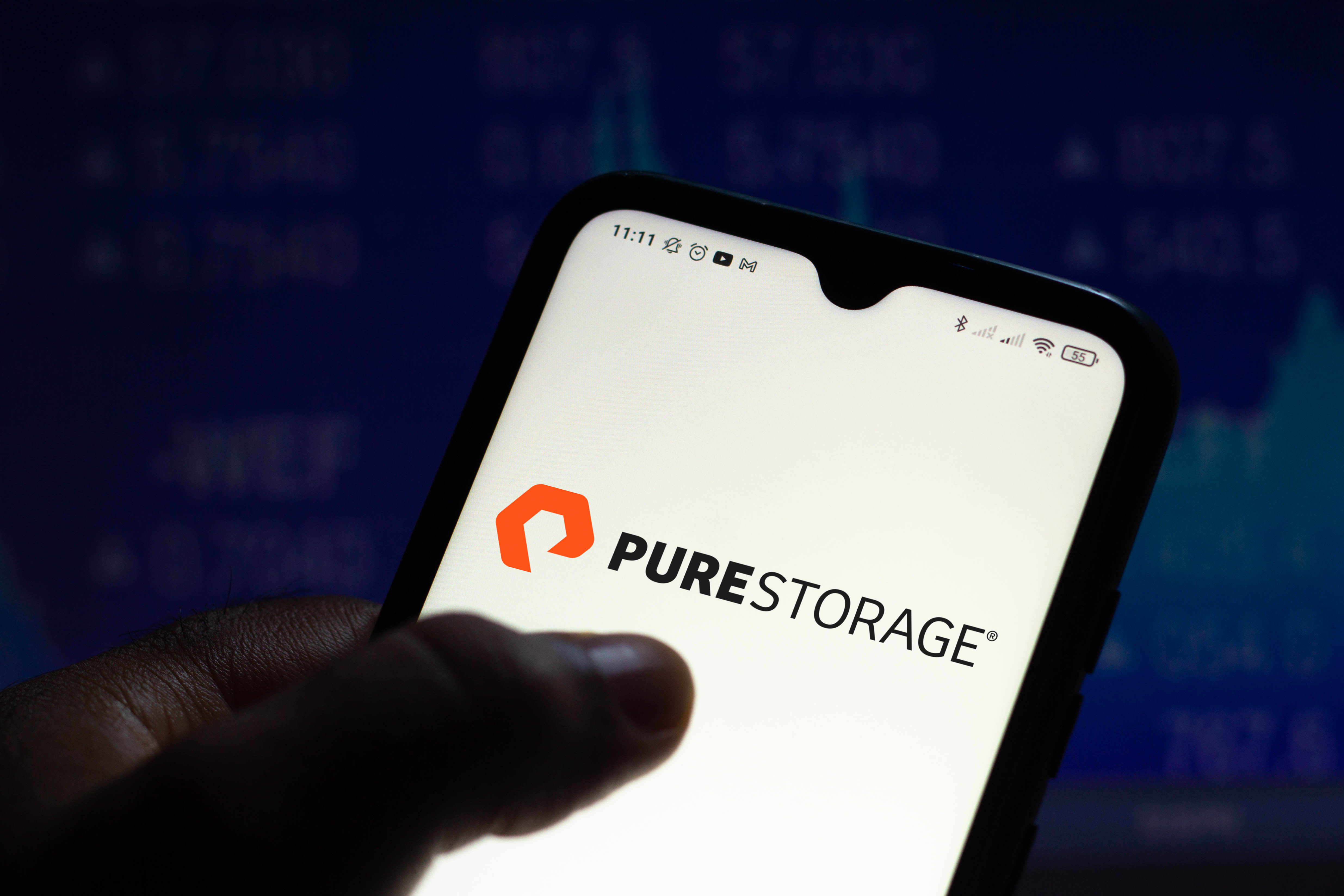 Pure Storage’s FlashArray//E launch offers “multi-year advantage” with performance and energy efficiency boosts
Pure Storage’s FlashArray//E launch offers “multi-year advantage” with performance and energy efficiency boostsNews The FlashArray lead at Pure Storage, said the launch will act as a “key differentiator” for the company in the storage space
By Ross Kelly
-
 Why the floppy disk may never die
Why the floppy disk may never dieIn-depth The age-old floppy disk storage medium is still in demand despite continued attempts to kill it
By David Crookes
-
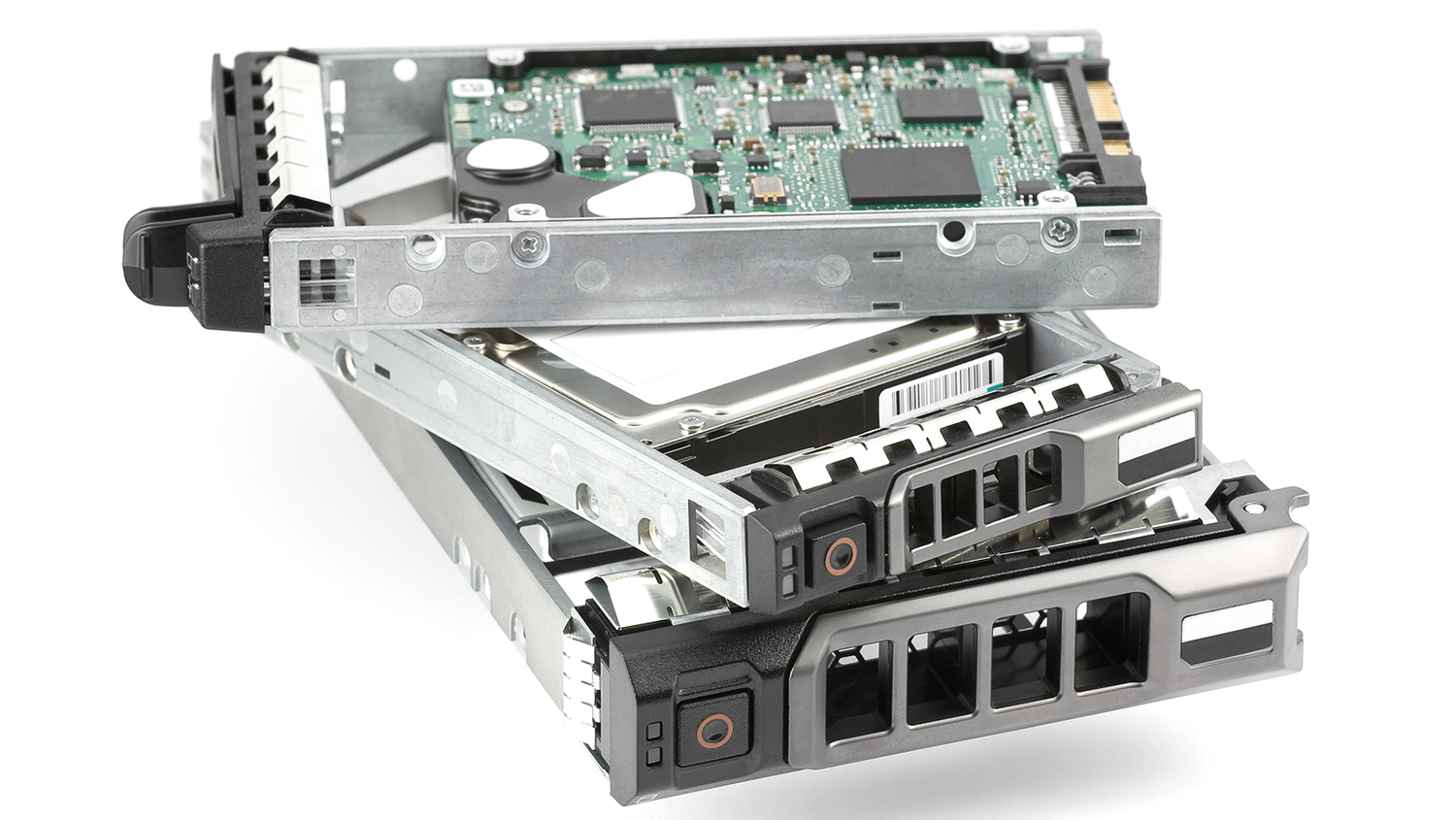 10 things to consider when buying an external hard disk-based storage device
10 things to consider when buying an external hard disk-based storage deviceIn-depth Find the right storage solution for you with this handy guide
By Désiré Athow
-
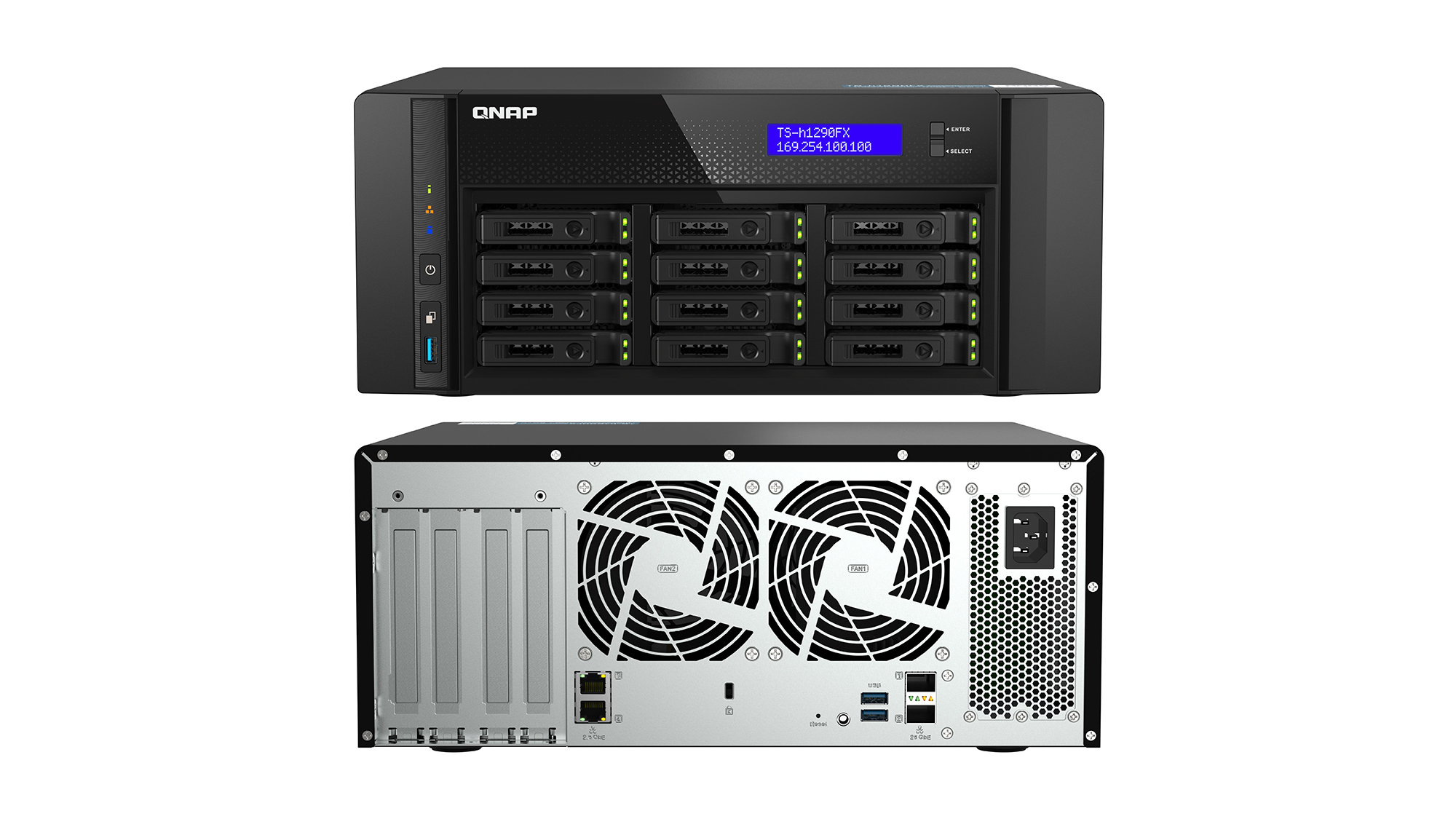
 Qnap TS-h1290FX review: Flashy desktop storage
Qnap TS-h1290FX review: Flashy desktop storageReviews A sleek and affordable desktop NVMe all-Flash array that delivers great 25GbE performance
By Dave Mitchell
-
 Intel kills off Optane Memory business with $559m loss
Intel kills off Optane Memory business with $559m lossNews Optane is now one of six divisions the company has ended under Gelsinger's leadership
By Bobby Hellard
-
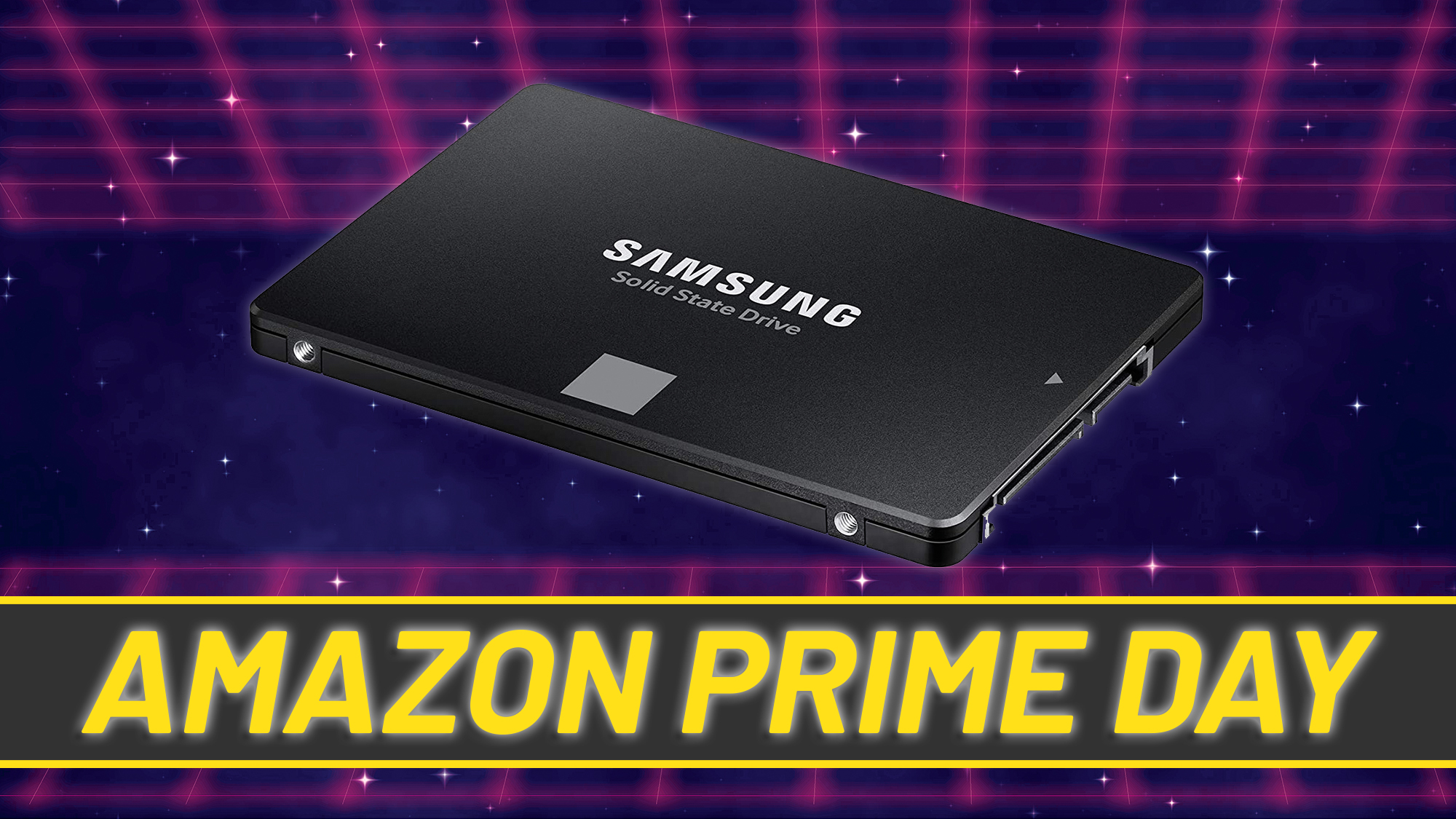 The best Amazon Prime Day storage deals: Extra capacity at rock-bottom prices
The best Amazon Prime Day storage deals: Extra capacity at rock-bottom pricesBest Add some extra headroom to your disk space
By Bobby Hellard